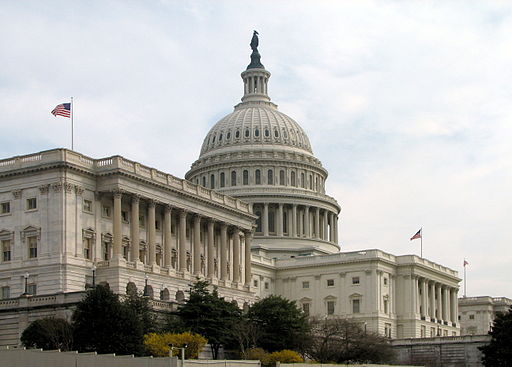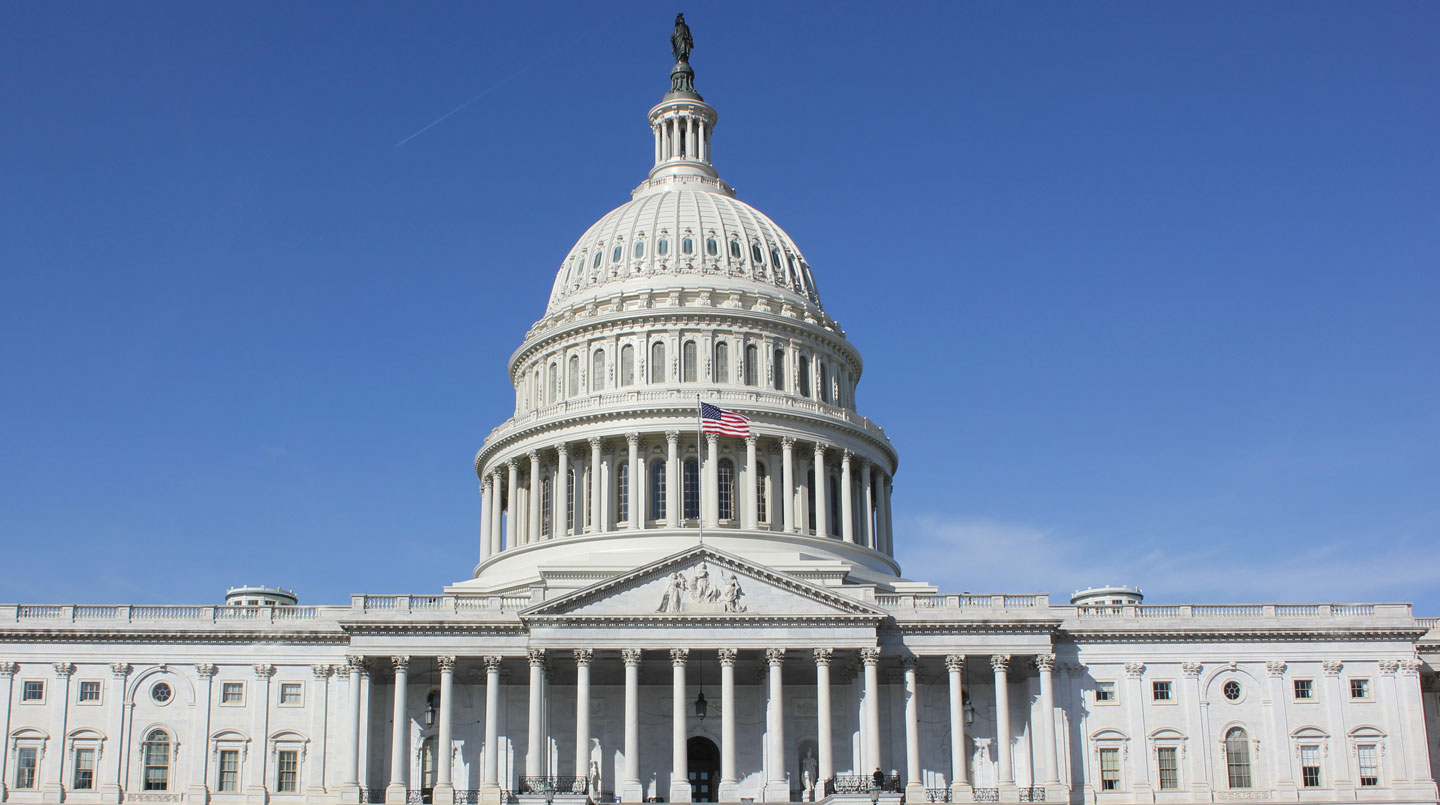Tag: georgia
-
Eleventh Circuit Court issues order in favor of city in Atlanta police facility referendum case

On Sep. 1, 2023, the 11th Circuit Court of Appeals ruled in favor of the City of Atlanta in a lawsuit regarding the constitutionality of non-Atlanta residents collecting signatures for a referendum petition regarding the construction of a police training facility. The court issued a stay on a federal district court’s preliminary injunction that provided…
-
Georgia establishes work requirements to expand Medicaid coverage

Georgia became the only state to have a Medicaid work requirement in place when Georgia Pathways took effect on July 1, 2023. The work requirement policy, announced by the Georgia Department of Community Health (DCH) on July 5, 2023, expands Medicaid coverage to people below the Federal Policy Level (FPL) who complete certain work-related activities. …
-
Georgia and Pennsylvania lead in the number of state legislative special elections called

Forty-three special elections for state legislative seats have been called in 16 states so far in 2023. Georgia and Pennsylvania have scheduled the most state legislative special elections this year, with six each, followed by Tennessee with five. The special elections called so far this year are being held for the following reasons: Nine due…
-
Turnout in Georgia Senate runoff was 90% of November election turnout

The office of Georgia’s Secretary of State Brad Raffensperger reported that 3.5 million Georgians voted in the runoff election for U.S. Senate this year. That number 25% less than two years ago, when 4.5 million Georgians cast their ballots in the runoffs that took place on January 5, 2021. This year, 44.7% of all registered…
-
Warnock (D) defeats Walker (R) in the runoff election for U.S. Senate in Georgia

Incumbent Raphael Warnock (D) defeated Herschel Walker (R) in the runoff election for U.S. Senate in Georgia on December 6, 2022. Warnock and Walker were the top-two vote-getters in the November 8, 2022, general election, with Warnock winning 49.4% of the vote to Walker’s 48.5%. Libertarian Chase Oliver won 2.1% of the vote and did…
-
Georgia moves forward with plan to implement work requirements for Medicaid coverage

Georgia Governor Brian Kemp (R) announced that the state will begin a work-for-Medicaid program, called Georgia Pathways, in July 2023. The program will require low-income individuals to complete 80 hours of work or volunteering in order to qualify for Medicaid coverage. The program was first proposed and approved during the Trump administration, along with several…
-
Raphael Warnock (D) and Herschel Walker (R) are running in the runoff for U.S. Senate in Georgia

Incumbent Raphael Warnock (D) and Herschel Walker (R) are running in the runoff election for U.S. Senate in Georgia on December 6, 2022. Warnock and Walker were the top-two vote-getters in the November 8, 2022, general election, with Warnock winning 49.4% of the vote to Walker’s 48.5%. Libertarian Chase Oliver won 2.1% of the vote…
-
Raphael Warnock (D) and Herschel Walker (R) are running in the runoff for U.S. Senate in Georgia

Incumbent Raphael Warnock (D) and Herschel Walker (R) are running in the runoff election for U.S. Senate in Georgia on December 6, 2022. Warnock and Walker were the top-two vote-getters in the November 8, 2022, general election, with Warnock winning 49.4% of the vote to Walker’s 48.5%. Libertarian Chase Oliver won 2.1% of the vote…
-
All candidates for Georgia House of Representatives District 107 complete Ballotpedia’s Candidate Connection survey

Both of the candidates running in the November 8, 2022, general election for Georgia House of Representatives District 107 — incumbent Samuel Park (D) and Hai Cao (R) — completed Ballotpedia’s Candidate Connection survey. These survey responses allow voters to hear directly from candidates about what motivates them to run for office. Eighty-eight of the…
-
All candidates for Georgia House of Representatives District 54 complete Ballotpedia’s Candidate Connection survey

Both of the candidates running in the November 8, 2022, general election for Georgia House of Representatives District 54 — incumbent Betsy Holland (D) and John Bailey (R) — completed Ballotpedia’s Candidate Connection survey. These survey responses allow voters to hear directly from candidates about what motivates them to run for office. Eighty-eight of the…

